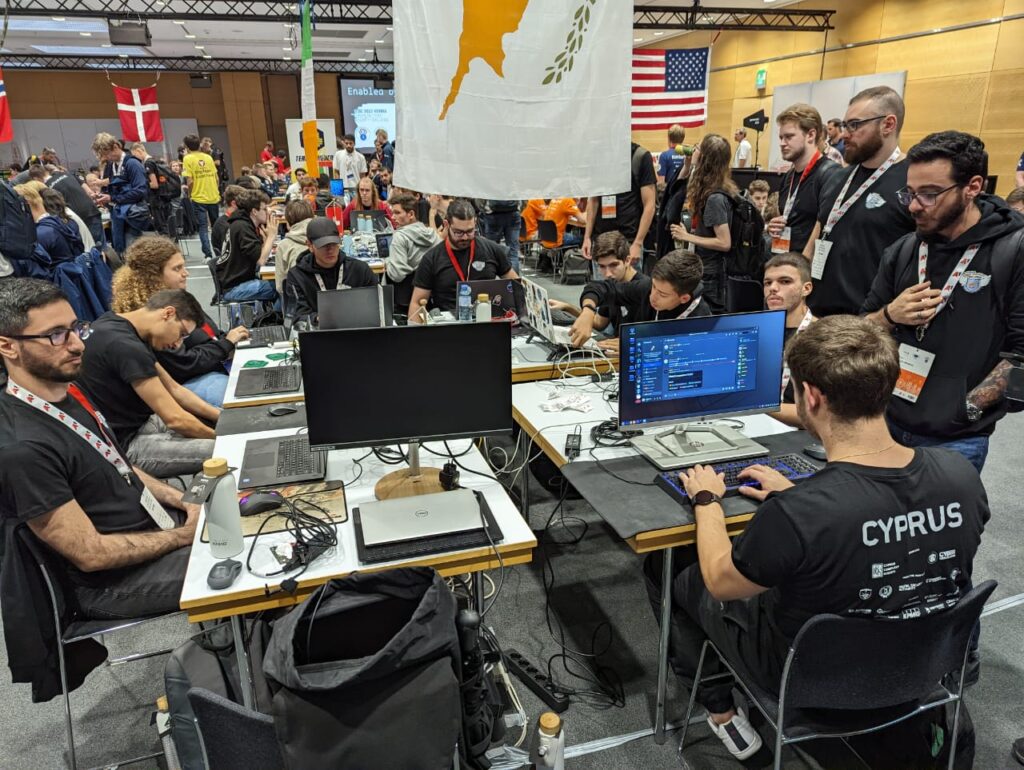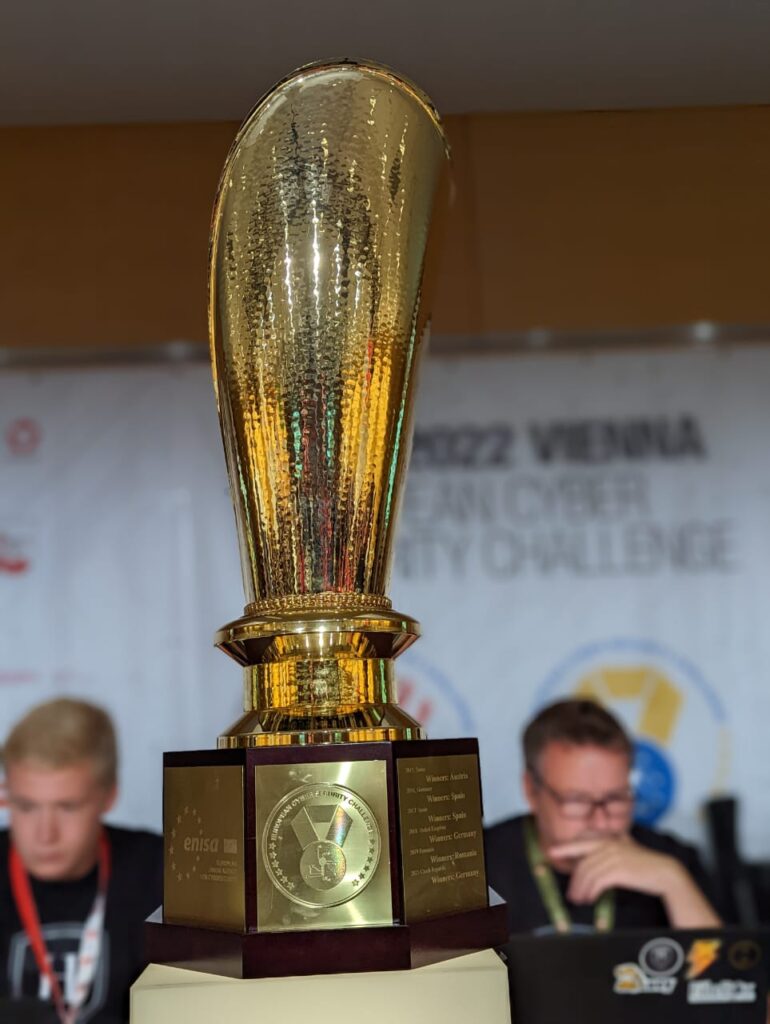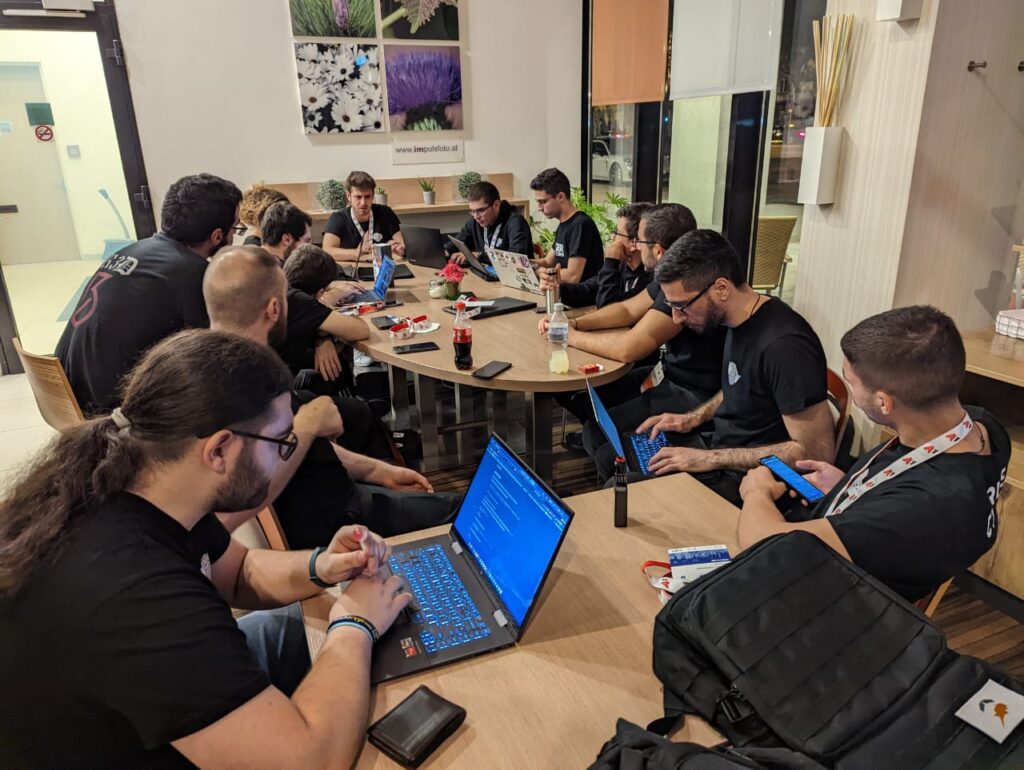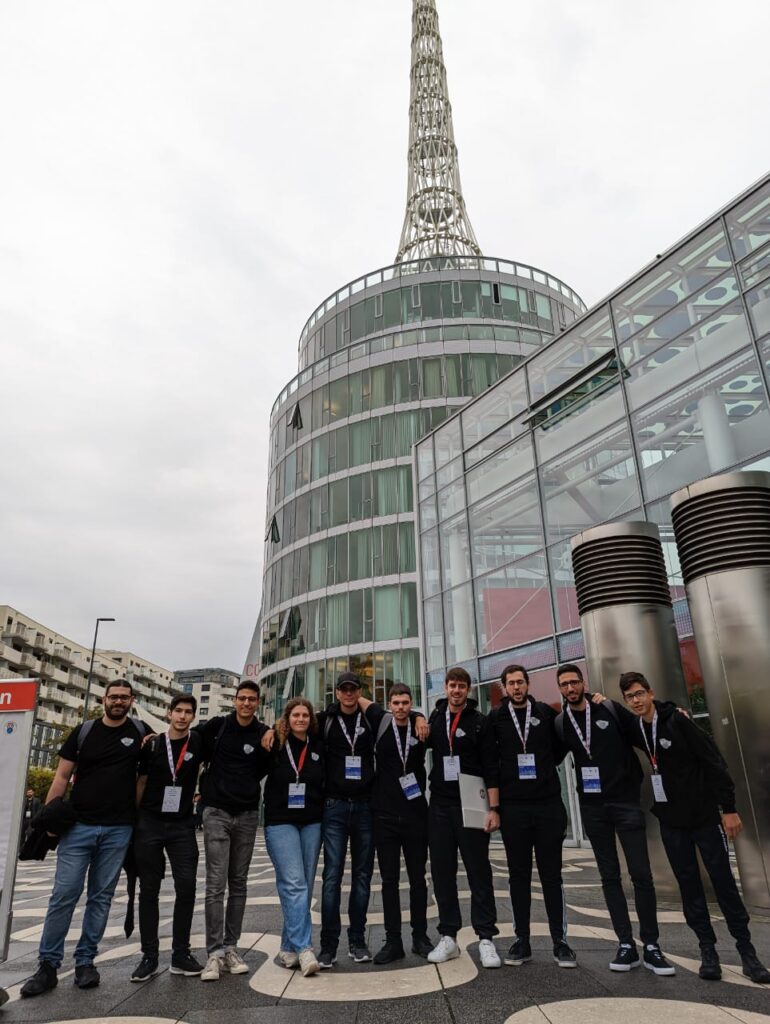Some important notes to keep in mind next time you create a password
It is imperative that you understand why it’s important to avoid using patterns in your passwords, even if you try to make them more complex by including system information or a small random password.
Hackers can use various methods to guess passwords, including brute-force attacks, dictionary attacks, and social engineering techniques. One standard technique hackers use is to try to guess passwords based on patterns or common information, such as system names or random passwords.
Even if you combine a static base with system information and a small random password, this can still be guessed by a determined hacker. This is because hackers can use tools to scan your system for information and use that information to build targeted attacks against your account.
Additionally, hackers can also use social engineering techniques to try and guess your password. This could involve sending you a phishing email or creating a fake login page to trick you into entering your password.
To keep your accounts secure, it’s crucial to use strong, unique passwords that are not based on patterns or easily guessable information. A good password should be at least 12 characters long and include a mix of uppercase and lowercase letters, numbers, and special characters.
By creating a strong, unique password, you can help protect your online accounts from potential security breaches and keep your personal information safe. Remember to update your password regularly and never share it with anyone else.







